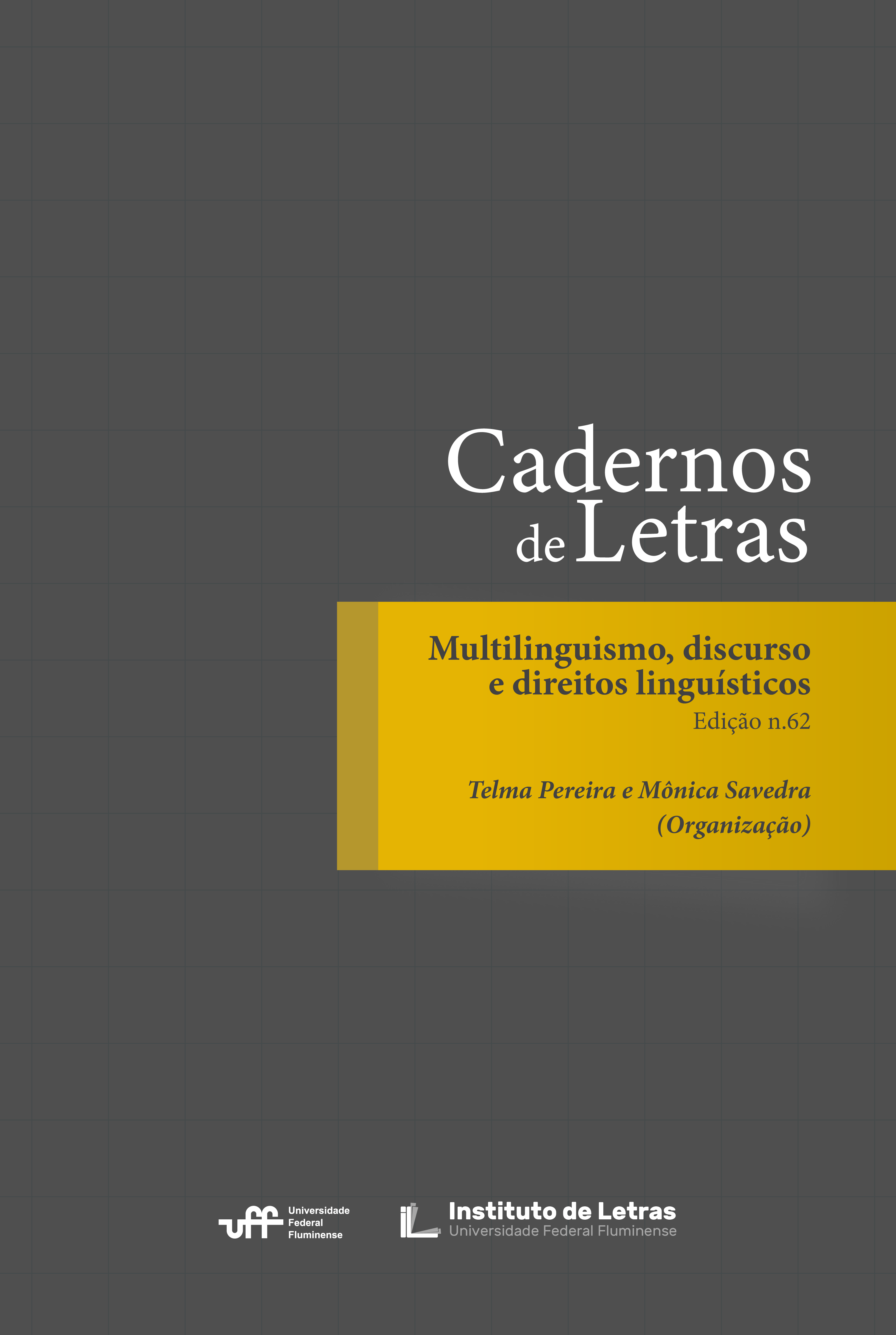Epistemologia da errância: a sedentarização da significação na linguagem científica
DOI:
https://doi.org/10.22409/cadletrasuff.v32i62.48672Resumo
O objetivo deste artigo é apresentar de forma introdutória as noções de errância e sedentarismo como figuras teóricas para a concepção de uma Epistemologia da Errância, tal como proposta em “Epistemologia da Errância: erro, hiância e ciência em discurso” (ALMEIDA, 2019). Este olhar epistemológico tem como foco interrogar a produção, a circulação e os efeitos dos saberes científicos na contemporaneidade para, a partir disso, propor um novo olhar e uma nova forma de escuta de saberes denegados e foracluídos dos muros acadêmicos. Neste artigo, o itinerário teórico passa por uma breve apresentação dos conceitos, mas detém-se principalmente em resgatar da historiografia os primeiros modelos de relação do ser humano com o mundo, a saber, errância, nomadismo e sedentarismo - atentando-se às peculiaridades de seus funcionamentos -, para então propor a partir deles um aparato teórico-analítico sobre a epistemologia dos saberes científicos na contemporaneidade.
Downloads
Downloads
Publicado
Edição
Seção
Licença
Copyright (c) 2024 Cadernos de Letras da UFF

Este trabalho está licenciado sob uma licença Creative Commons Attribution-NonCommercial 4.0 International License.
Autores que publicam em Cadernos de Letras concordam com os seguintes termos:
Os autores mantêm os direitos e cedem à revista o direito à primeira publicação, simultaneamente submetido a uma licença Creative Commons CC-BY-NC 4.0, que permite o compartilhamento por terceiros com a devida menção ao autor e à primeira publicação pela Cadernos de Letras.
Os autores podem entrar em acordos contratuais adicionais e separados para a distribuição não exclusiva da versão publicada da obra (por exemplo, postá-la em um repositório institucional ou publicá-la em um livro), com o reconhecimento de sua publicação inicial na Cadernos de Letras.






